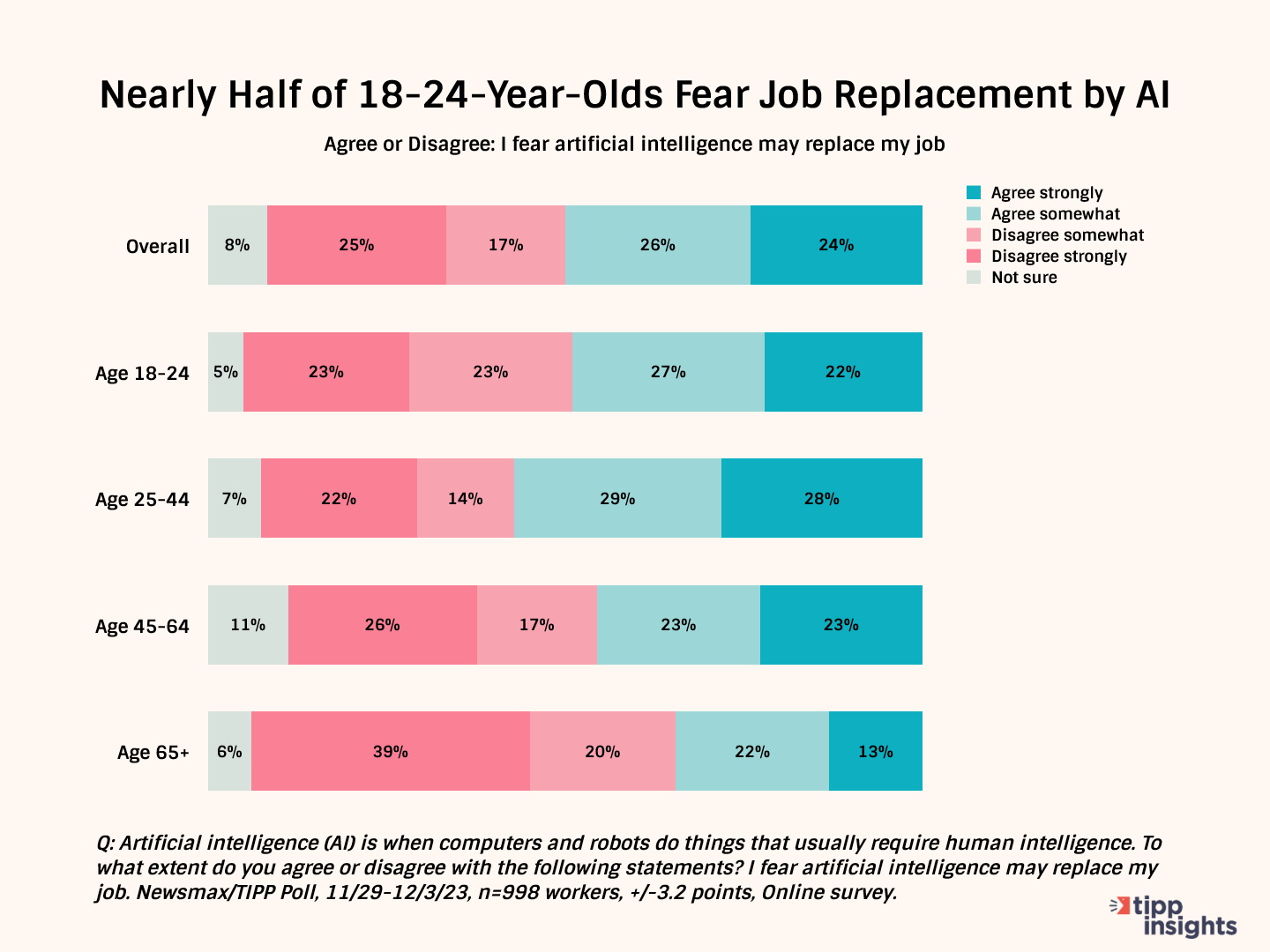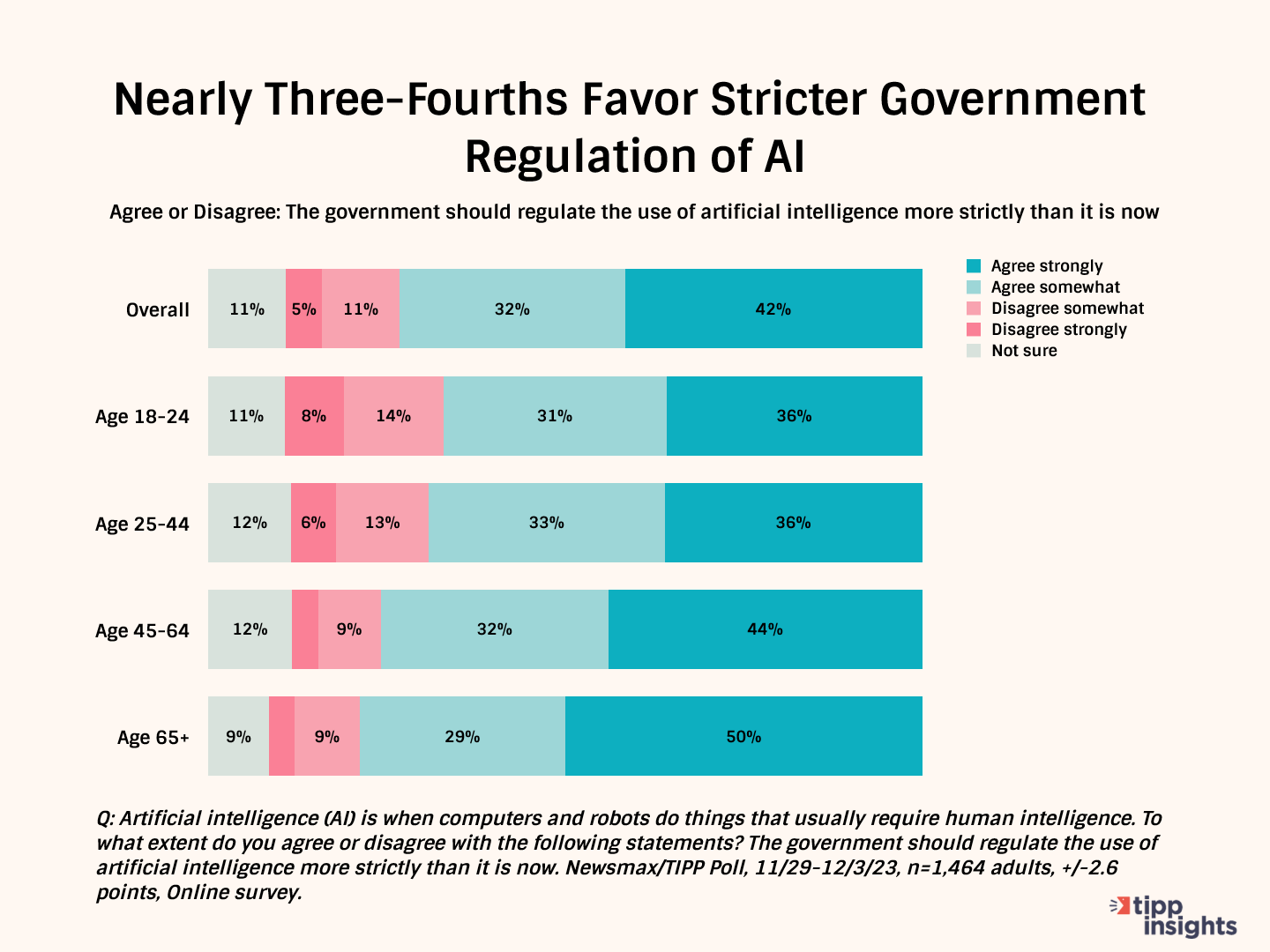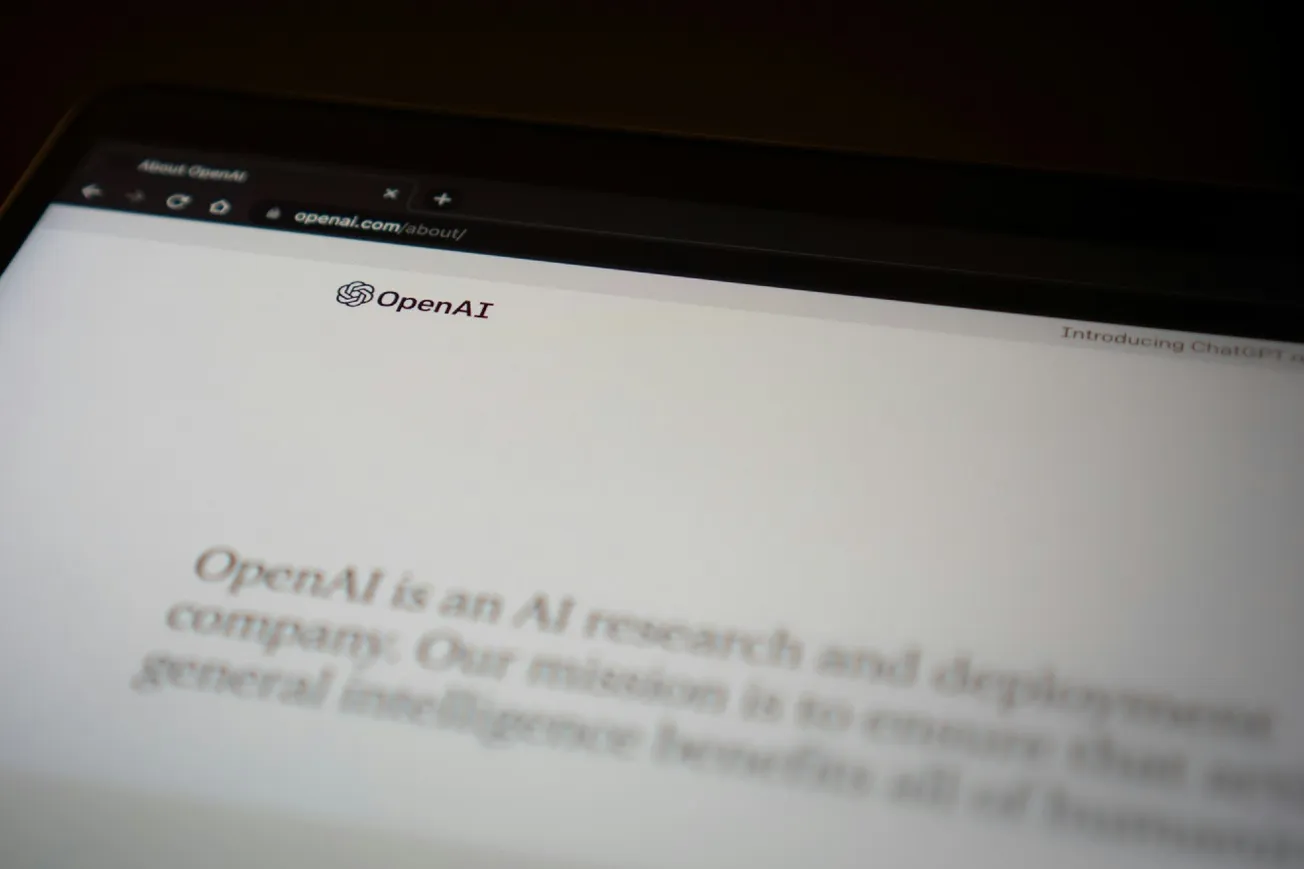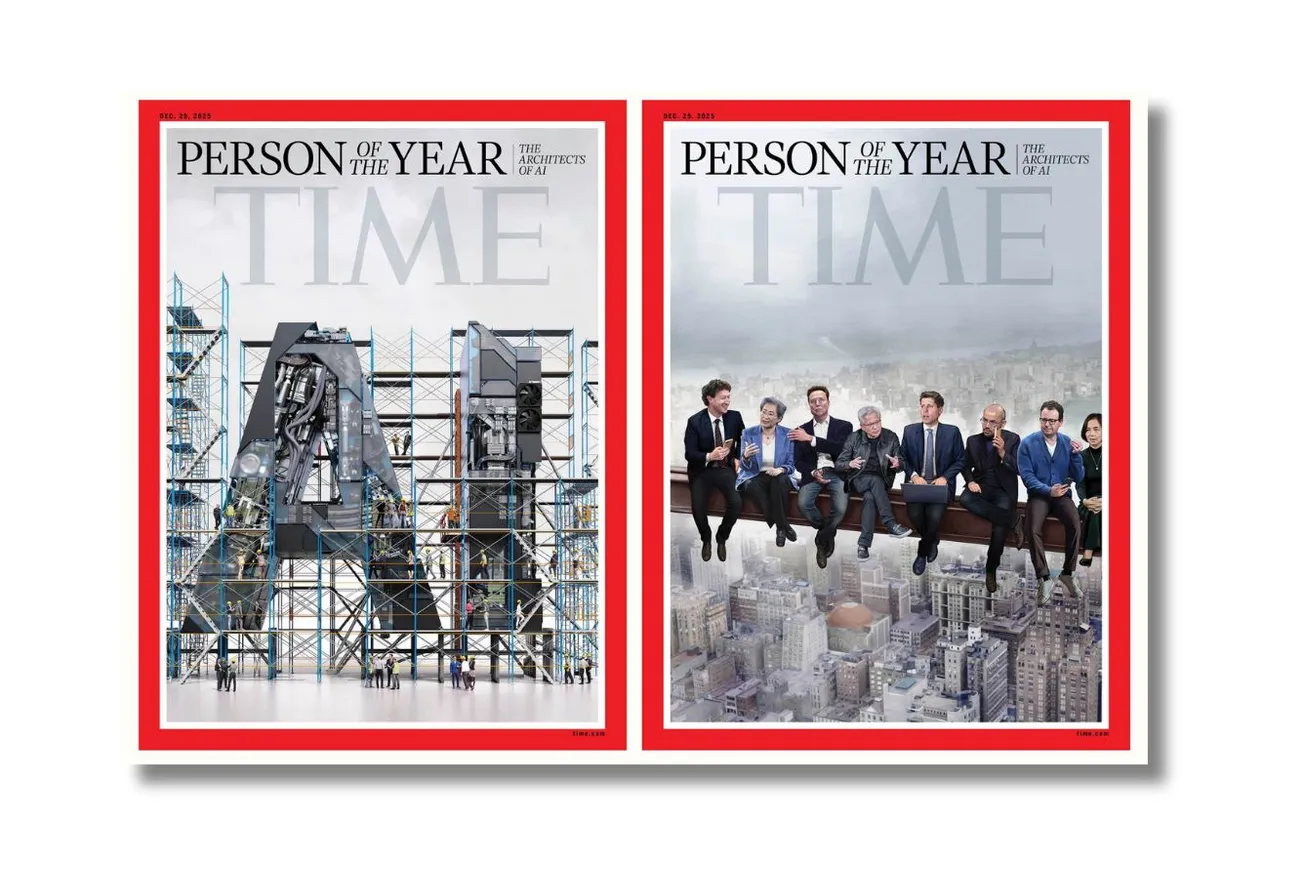Artificial Intelligence (AI) is the next frontier that could reshape how humanity lives, works, and interacts with the world. With its untapped and unmapped potential, the fast-developing tech could streamline, automate, integrate, and revolutionize fields as diverse as healthcare, finance, and security.
The groundbreaking technology is used extensively, though many are unaware of its prevalence or application. AI-powered systems perform virtual administrative assistance, automated replies, real-time translation services, marketing strategy devising, and myriad other tasks.
In a recent dialogue with U.K. Prime Minister Rishi Sunak, tech billionaire Elon Musk asserted that AI has the potential to become the "most disruptive force in history." Musk elaborated during the event:
We will have something that is, for the first time smarter than the smartest human.
In recognition of this potential, the United Nations General Assembly unanimously adopted the first global resolution on artificial intelligence last week, signaling worldwide acknowledgment of the importance of regulating AI. Sponsored by the U.S. and co-sponsored by 123 countries, the resolution indicates broad international support for regulating AI and addressing its potential risks.
The improper or malicious design, development, deployment and use of artificial intelligence systems … pose risks that could … undercut the protection, promotion and enjoyment of human rights and fundamental freedoms.
Nervousness
The prospect of dealing with a machine rather than a human leaves many apprehensive and diffident. For example, according to a Newsmax/TIPP Poll of over 1,400 adults taken in December 2023, more than two-thirds (69%) said artificial intelligence products and services make them nervous; less than a quarter (24%) were comfortable using AI-powered services.

While it is unsurprising that almost three-fourths (73%) of seniors expressed nervousness when dealing with cutting-edge and relatively new AI-powered services and products, the high numbers among the other age groups point to pervasive uneasiness regarding this emerging tech. 72% of those in the 18-24 age bracket, 68% of 25–44-year-olds, and 68% of 45–64-year-olds agreed that AI-powered services made them uneasy.
The survey found that higher education does not make people more welcoming of AI. 73% of those with a college education said they were nervous about using services or tools run by AI. Furthermore, those in the higher income brackets were only marginally more comfortable with the new tech – 70% of those making above $75K, 71% among $50K-$70K, 73% among $30K-$50K, and 68% among less than $30K income.
Impact On The Labor Market
Despite the prevalent uneasiness, the prospect of increased productivity and time- and cost-saving benefits is appealing. But, there are real and valid concerns that the integration of AI could irrevocably upset the labor market. The World Economic Forum estimates that, globally, 85 million jobs would be lost to AI by 2025. In the Musk-Sunak Dialogue, Musk envisioned:
It’s hard to say exactly what that moment is, but there will come a point where no job is needed. You can have a job if you wanted to have a job for personal satisfaction. But the AI would be able to do everything.
Musk said jokingly:
I don’t know if that makes people comfortable or uncomfortable. If you wish for a magic genie, that gives you any wish you want, and there’s no limit. You don’t have those three wish limits nonsense, it’s both good and bad. One of the challenges in the future will be how do we find meaning in life.
Americans fear job losses due to AI. For example, half of those who took the Newsmax/TIPP survey feared that AI would replace their jobs; only 42% were confident that the next generation of tech would not. AI-powered systems are expected to take over many routine and repetitive clerical tasks, especially at the entry-level.
The fear of AI replacing jobs diminishes with age. It is most pronounced among younger age groups, with 49% of the 18-24 group and 57% of the 25-44 group expressing concern. In contrast, only 46% of the 45-64 bracket and 25% of the 65+ bracket share this sentiment.

Those in the lowest bracket with less than 30k income felt most vulnerable at 60%. Remarkably, 46% of those in the $50K-$75K and above $75K income group also said machine learning systems could take over their jobs. Almost half of those with a college degree felt they could be made redundant, while 57% of high school diploma holders shared the sentiment.
While the job market is likely to see a paradigm shift, new domains of opportunity will also arise. Analysts forecast sectors like big data analytics, management technologies, sustainability specialists, business intelligence analysts, information security, and cybersecurity could create millions of new jobs.
Businesses are boosting their investments in the technology. For example, this week, Amazon announced it would allocate an additional $2.75 billion to Anthropic, a San Francisco-based startup widely recognized as a leader in generative artificial intelligence, in addition to its initial $1.25 billion investment. This reflects a trend of cloud providers making substantial investments to maintain a competitive edge in the ever-evolving AI landscape.
Role Of Government
The unimaginable potential of AI is thrilling, yet at the same time, chilling. Industry experts and others have called for AI's ethical, responsible, and transparent development. For this, the government should draw up clear guidelines and comprehensive frameworks in consensus with the industry and consumers.
In November, the United States, the United Kingdom, and more than a dozen other countries unveiled the inaugural detailed international agreement aimed at safeguarding artificial intelligence from malicious actors. This initiative encouraged companies to prioritize the development of AI systems that are “secure by design.”
Europe has taken the lead over the United States in this arena. European Union lawmakers adopted a provisional agreement to regulate AI, edging closer to implementing the world’s inaugural set of artificial intelligence regulations.
Despite the Biden administration's efforts to advocate for AI regulation, progress has been sluggish due to the polarization of the United States Congress. In October 2023, the White House took decisive action by issuing an executive order aimed at mitigating AI risks to consumers, workers, and minority groups while simultaneously fortifying national security measures.
The public also favors the government to regulate the use of AI more strictly. A majority (73%) of Americans in the Newsmax/TIPP survey opined that the government should regulate the use of artificial intelligence more strictly than it does now. Less than a fifth (16%) disagree with having more regulations.

The potential downside to the pervasive technology is not lost on anyone. Despite political and ideological differences, Americans want the government to step in. Based on political affiliation, 82% of Democrats, 69% of Republicans, and 68% of independents want the government to enforce stricter regulations. Remarkably, 79% of liberals and 73% of conservatives and moderates favor more rigorous oversight.
A DailyMail.com/TIPP Poll conducted this month revealed widespread outrage and support for making the sharing of AI-generated deepfake porn illegal. An overwhelming 75% of Americans support criminal charges against those who shared deepfake pornographic images of Taylor Swift.

Only time will tell how artificial intelligence will change the business landscape and how far it will seep into our everyday lives. The shakeup will create fantastic new opportunities, even as it makes many existing positions redundant. As an IBM report succinctly stated, "AI won't replace people—but people who use AI will replace people who don't."
Related:









